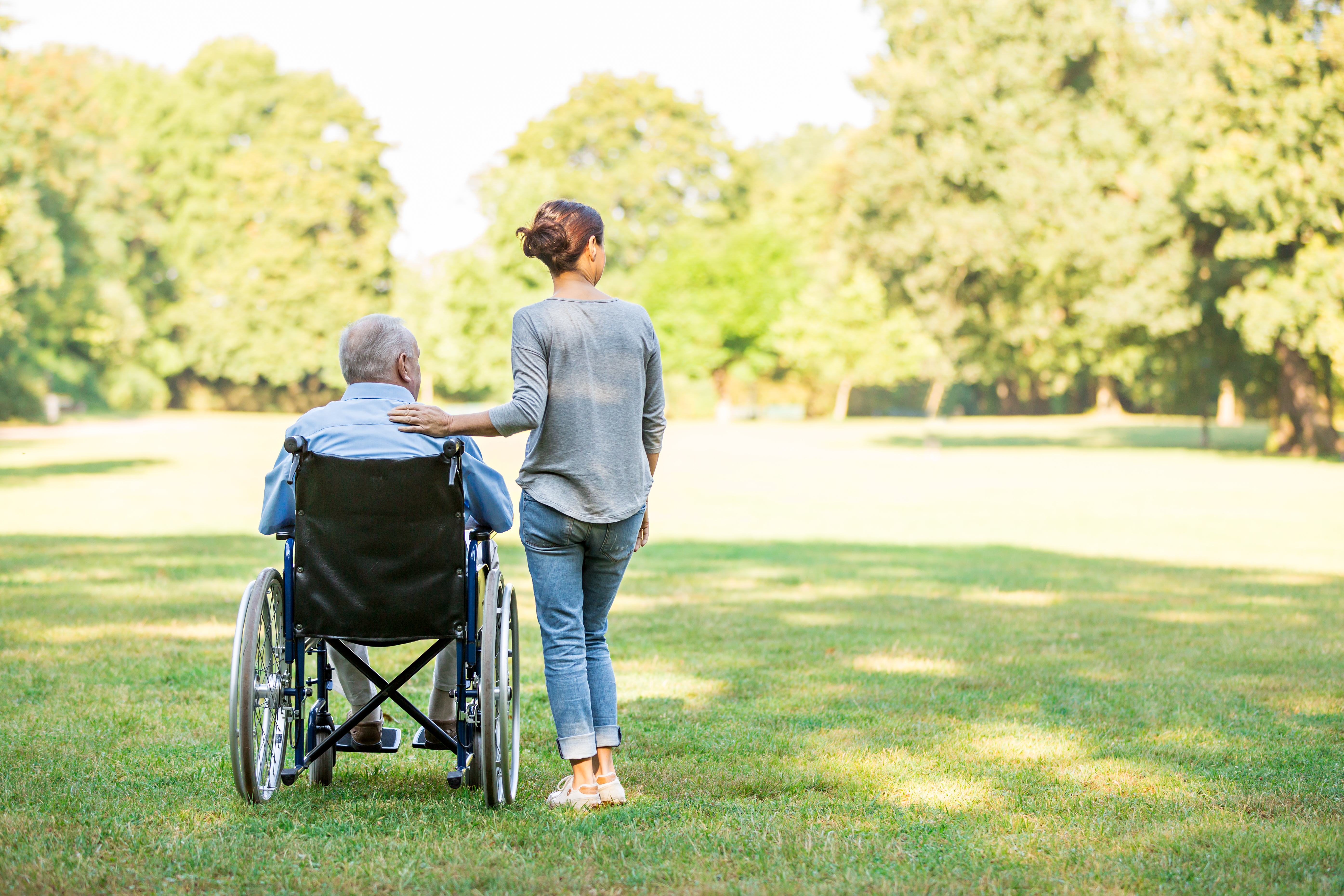AARP Hearing Center

Illinois nursing home residents subjected to neglect, infection, unauthorized administration of psychotropic drugs and other horrifying consequences due to inadequate nursing home staffing will soon be protected by new rules approved by a state legislative committee Tuesday.
The safeguards come after two years of lobbying efforts by AARP Illinois, efforts that intensified during COVID-19 pandemic.
“The quality of care for our most vulnerable residents in long-term care in Illinois has fallen woefully short, even before the pandemic took hold, and this is finally a step in the right direction, said Bob Gallo, AARP Illinois State Director.
“With surging numbers of COVID-19 death and illness in nursing homes, we know that much more work still needs to be done to ensure the quality of life for our vulnerable population is a top priority for elected officials. AARP will continue to be the wise friend and fierce defender for nursing home residents, their staff, loved ones and family caregivers in our commitment to quality of care,” Gallo said.
The rules approved Tuesday by the Illinois Joint Committee of Administrative Rules will improve the quality of nursing home care by:
- Requiring health care officials to obtain written, voluntary, informed consent from a nursing home resident or a surrogate decision maker before administering a psychotropic drug
- Educating nursing home staff on the policies related to residents’ informed consent policies and procedures
- Providing appropriately strong remedies for informed consent violations
- Requiring the Illinois Department of Public Health to verify and enforce compliance with minimum staffing requirements
- Making information about facility-specific staffing levels and violations available to the public; and
- Providing appropriately strong remedies for minimum staffing violations
AARP Illinois’ push to improve the abysmal conditions for nursing home residents began in 2018, when Illinois nursing homes ranked 50th in the nation for direct care nursing hours per resident per day and were the 2nd worst in the nation for long-stay residents receiving inappropriate use of antipsychotic medication, according to a 2018 AARP report.
More than eight in ten voters in Illinois back in 2019 said that action should be taken to increase the quality of care in Illinois nursing homes, according to an AARP survey.
Then COVID-19 arrived, making the already tragic circumstances for Illinois’ nursing home residents devastatingly worse.
Alarmingly, in Illinois, more than 85 percent of nursing homes reported having staff who tested positive for the virus. As these numbers surge, staffing levels at these facilities remain appallingly low, with more than 30 percent of nursing homes reporting a shortage of nurses and aides, according to the Centers for Medicaid and Medicare Services.
AARP Illinois, a non-profit, non-partisan organization representing 1.7 million members and all older adults in Illinois, is committed to continuing to advocate on behalf of nursing home residents at both the state and federal levels.
“Today’s rules are a positive step, and we will keep standing up for those 50+ and their families to make sure they are able to age comfortably and safely, whether it’s in their own homes or in a place where they trust others for care,” Gallo said.































































